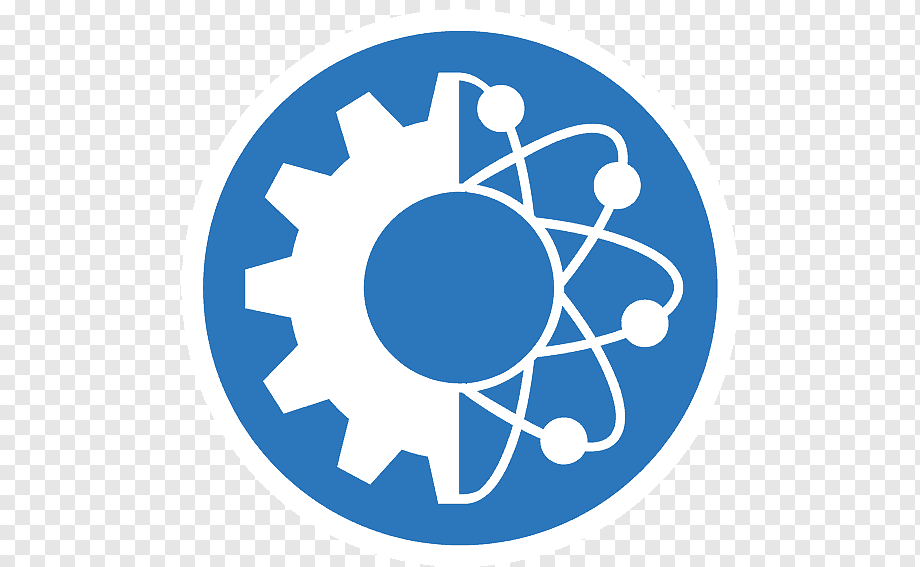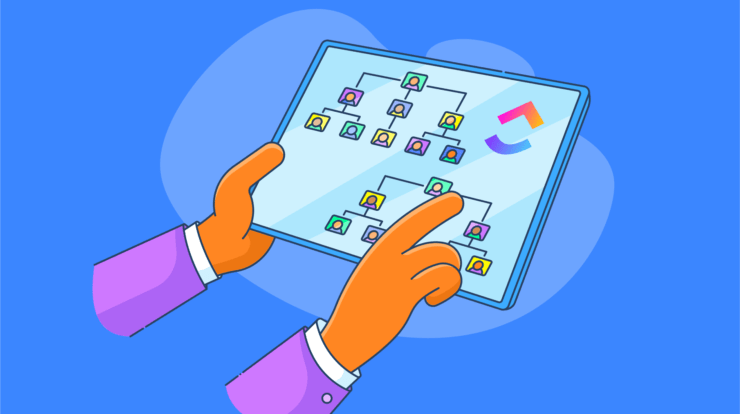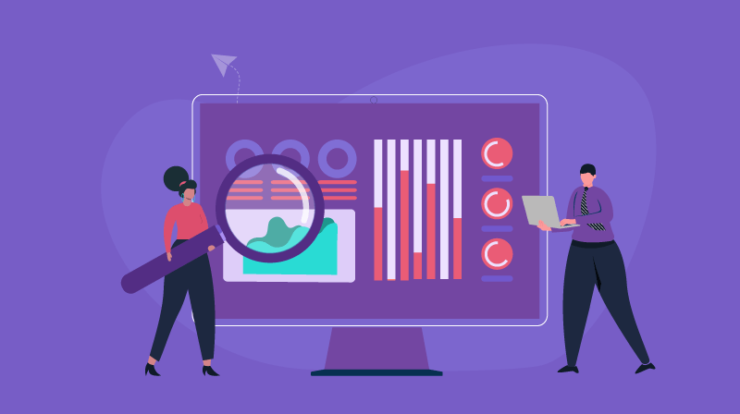
Managing human resources efficiently is crucial for the success of any HRIS for small business. However, keeping track of employee data, payroll, benefits, and other HR-related tasks can be overwhelming without the right tools. This is where Human Resources Information Systems (HRIS) come to the rescue. In this article, we will delve into the world of HRIS, explore its benefits, and understand how it can revolutionize HR management for small businesses.
1. What is HRIS?
Understanding the Basics
Human Resources Information System (HRIS) is more than just a fancy software tool; it is the backbone of modern HR management. At its core, HRIS is a comprehensive and integrated platform that brings together various HR functions into one unified system. Let’s dive deeper into the key components and functionalities of HRIS for small business:
- Centralized Employee Database: The heart of any HRIS is its centralized employee database. This repository stores all essential information about employees, including personal details, contact information, employment history, certifications, and training records. Having a single source of truth for employee data ensures accuracy and minimizes data duplication.
- Employee Self-Service: HRIS often includes a self-service portal that empowers employees to manage their own information. Through this portal, employees can update personal details, view pay stubs, request time off, and access important HR documents, reducing the administrative burden on HR teams.
- Time and Attendance Management: HRIS offers automated time and attendance tracking, making it easier to monitor employee work hours, breaks, and leaves. This functionality streamlines payroll calculations and helps ensure compliance with labor laws and company policies.
- Payroll Processing: Integrating with payroll software, HRIS simplifies the payroll process by accurately calculating wages, taxes, deductions, and bonuses. This automation minimizes errors and saves valuable time for HR and finance teams.
- Benefits Administration: HRIS facilitates benefits management by allowing employees to enroll in health plans, retirement accounts, and other benefits programs. It helps HR professionals keep track of benefit usage and ensure employees receive the benefits they are entitled to.
- Performance Management: With HRIS, organizations can establish performance goals, conduct performance appraisals, and track employee progress. This data-driven approach fosters employee development and ensures performance aligns with business objectives.
- Recruitment and Onboarding: HRIS streamlines the hiring process by posting job openings, managing applicant data, and coordinating the onboarding of new hires. Automation in this area accelerates recruitment timelines and enhances the candidate experience.
- Training and Development: Through HRIS, companies can plan, deliver, and track employee training initiatives. This feature helps organizations invest in their employees’ skills and knowledge, contributing to a skilled and motivated workforce.
- Reporting and Analytics: HRIS provides valuable insights through data-driven reporting and analytics. HR professionals can generate various reports on workforce trends, turnover rates, diversity statistics, and more, aiding in strategic decision-making.
- Security and Compliance: HRIS prioritizes data security and ensures compliance with data privacy regulations. Access controls, encryption, and regular backups protect sensitive employee information from unauthorized access or data breaches.
In summary, HRIS serves as a powerful tool for businesses, streamlining HR processes, increasing efficiency, and fostering employee satisfaction. By embracing HRIS technology, companies can shift their HR focus from administrative tasks to strategic initiatives, ultimately driving organizational success and growth.
2. Why Small Businesses Need HRIS
Streamlining HR Tasks
HRIS for small business often have limited resources, including time and manpower. With HRIS, they can automate repetitive and time-consuming HR tasks, allowing HR professionals to focus on strategic initiatives and employee development.
Enhanced Data Security
Maintaining employee data and sensitive HR information securely is paramount. HRIS provides robust data security measures to protect sensitive information from unauthorized access, ensuring compliance with data protection regulations.
Accurate Payroll Processing
HRIS systems integrate with payroll software, ensuring accurate and timely processing of employee salaries, tax deductions, and reimbursements, minimizing payroll errors and discrepancies.
Improved Employee Engagement
HRIS platforms often include employee self-service portals, empowering employees to access their information, apply for leave, view payslips, and update personal details. This level of transparency and accessibility improves employee satisfaction and engagement.
Effective Talent Management
HRIS for small business can efficiently manage their workforce and identify top talent with HRIS tools that assist in talent acquisition, performance appraisal, and succession planning.
3. Key Features of HRIS for Small Businesses
1. Employee Database Management
HRIS serves as a centralized repository for storing and managing employee information, such as personal details, contact information, job history, and performance records.
2. Time and Attendance Tracking
Automated time and attendance tracking systems in HRIS help monitor employee work hours, leaves, and absences accurately, simplifying payroll calculations.
3. Payroll Processing
HRIS integrates with payroll software, ensuring seamless and error-free payroll processing, including tax calculations and direct deposit.
4. Benefits Administration
HRIS streamlines benefits administration, allowing employees to enroll in health plans, retirement accounts, and other benefits online.
5. Performance Management
An effective HRIS provides tools for setting goals, conducting performance evaluations, and identifying areas for employee development.
6. Recruitment and Onboarding
HRIS facilitates the recruitment process by posting job openings, managing applications, and streamlining the onboarding process for new hires.
7. Training and Development
HRIS for small business can use HRIS to organize and track employee training programs, ensuring continuous learning and skill development.
8. Reporting and Analytics
HRIS offers comprehensive reporting and analytics features, providing valuable insights into workforce trends, employee performance, and HR metrics.
FAQs – HRIS For Small Business
- What is the implementation cost of an HRIS for small business?The implementation cost of an HRIS can vary depending on the size of the business, the features required, and the chosen vendor. While some HRIS solutions offer subscription-based pricing, others may require a one-time payment. It’s essential to consider long-term benefits and ROI when evaluating the cost.
- Is HRIS suitable for businesses with only a few employees?Yes, HRIS can benefit businesses of all sizes, including those with only a few employees. Even for small businesses, an HRIS can help streamline HR processes, enhance data accuracy, and improve employee satisfaction.
- Can HRIS help with compliance and regulations?Absolutely! HRIS often comes equipped with compliance features, ensuring that businesses adhere to labor laws, data privacy regulations, and other statutory requirements.
- Is HRIS accessible remotely?Yes, many modern HRIS platforms offer cloud-based solutions, making them accessible from anywhere with an internet connection. This remote accessibility is especially useful for businesses with remote or distributed workforces.
- Does HRIS replace the need for HR personnel?HRIS automates many HR tasks, but it does not eliminate the need for HR personnel. Instead, it allows HR professionals to focus on strategic decision-making, employee engagement, and talent development.
- Can HRIS integrate with other business software?Yes, HRIS systems are designed to integrate with other business software, such as accounting, project management, and customer relationship management (CRM) tools, to create a seamless workflow across the organization.
- How secure is employee data in an HRIS?HRIS platforms prioritize data security, implementing encryption, multi-factor authentication, and access controls to safeguard employee data from unauthorized access.
- Is HRIS user-friendly for non-technical users?Most HRIS solutions are user-friendly and designed with intuitive interfaces, making them accessible to HR professionals and employees alike, even if they don’t have technical expertise.
- Can HRIS help with workforce planning?Yes, HRIS provides valuable insights through analytics and reporting, helping businesses make informed decisions about workforce planning, recruitment, and talent retention.
- Is customer support available for HRIS users?Yes, reputable HRIS vendors offer customer support to assist users with technical issues, training, and other inquiries.
Conclusion
HRIS for small business, streamlining HR tasks, improving data accuracy, and enhancing employee engagement. With features like employee database management, time tracking, payroll processing, and talent management, HRIS empowers HR professionals to focus on strategic initiatives that drive business growth. Implementing an HRIS can be a significant investment, but the long-term benefits in terms of efficiency, compliance, and employee satisfaction make it well worth the consideration for any small business owner. Embrace the power of HRIS and revolutionize your HR management today!






